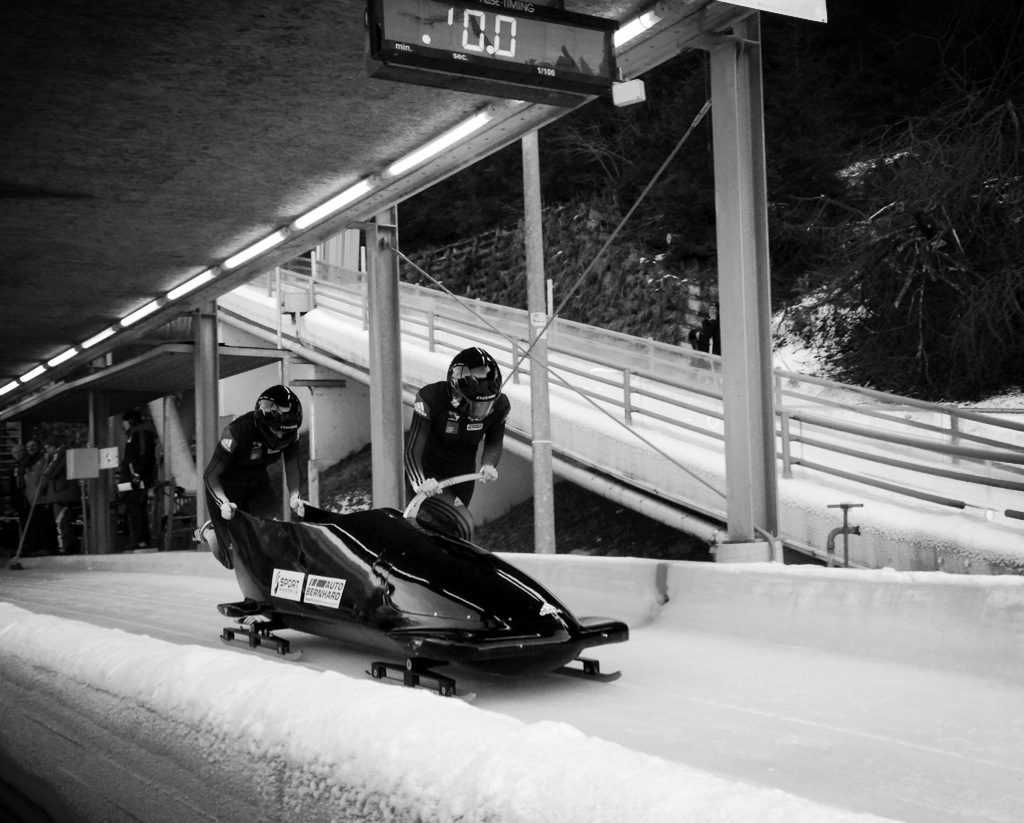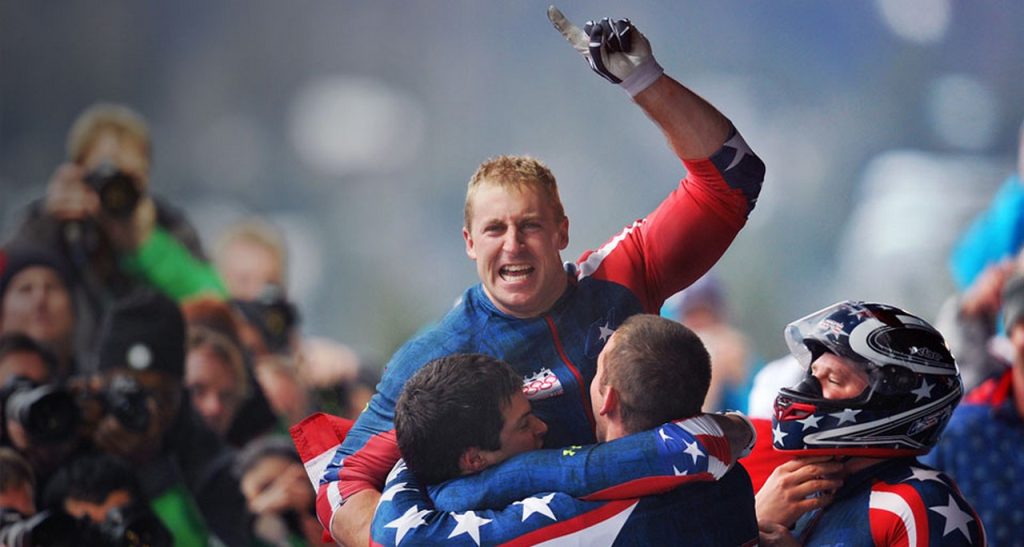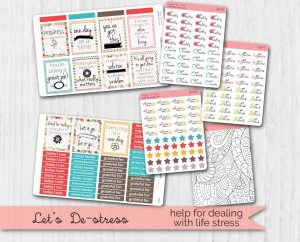
IT’S NOT MY PROBLEM…
My favorite image of a team is the 2-person bobsled. (Known fact: I LOVE THE OLYMPICS!!!!)
Imagine for a moment that the person in the back of the bobsled says to the one hunkered down in the front “Hey, teammate, something just fell off the back!’
Now imagine that the person in the front of the bobsled responds by saying “Well, I didn’t see it!” How far do you think the bobsled is going to go?
Applied to a relationship, if one partner says to the other that something’s not working for them in the relationship, and the other partner responds with “Well, everything’s fine for me. It’s not my problem!’ How far do you think the relationship is going to go?
When you are part of a team, you don’t ignore your teammate if they say they have a problem or if they tell you that something is going wrong.
NO SUCH THING AS ONE PERSON’S PROBLEM
If you are in a relationship, you are a TEAM. If you are a team, there is no such thing as one person’s problem. If someone has a problem, then it is always the team’s problem to solve. And as a member of the team, you do not have to even understand WHY something is a problem or such a big deal to the other member of the team. You just have to accept that it is… and agree to deal with it as a team.
YOU’RE WEARING THE SAME COLORED SHIRTS…
When you are on a team, you are wearing the same colored shirts. And even if there’s a fight going on, you are on the SAME SIDE of the boxing ring. You put the problem you have to solve or ignore or put on ice for a while on the OTHER SIDE of the boxing ring.
Calling each other names, criticizing and judging each other, in general just being mean, nasty, hurtful, or trying to damage the other person is not something you do to your teammate. Your chances of having a healthy, happy team that can make it to the goal go way down.
FIGHTING FAIR
Listen, everybody in a relationship fights. HOW you fight with each other makes a huge difference in the health and longevity of your relationship. In the middle of a conflict, the first person who can remind the other that “I’m on your side” or “Hey, we’re friends, we’re a team, I want to help figure this out together” gets extra points for the team! If you turn your relationship fights into win-lose situations, even if you win, your team will always lose. Period.
WHO WANTS TO BE IN A BOBSLED WITH YOU?

Your Supportive Exercise this week is to look honestly at your current or most recent relationship and evaluate the following:
1. How am I as a teammate?
2. How supportive & encouraging am I as a teammate?
3. How accepting am I when my teammate says s/he has a problem?
4. Do I affirm that we are a team on a daily basis, even during conflicts?
5. How could I be a better teammate?
Remember that there may be no “I” in TEAM, but there is also no “U” in DENIAL. Make a commitment to look honestly at how you function in relationships. Figure out where your strengths and weaknesses are right now as a teammate so that you can work on what needs improvement. If you want a healthy relationship, it begins by being a healthy, willing team player who puts the team’s best interests first.
Dr. Anita Sanz, PhD, Psychologist
The Vow You Really Need
THE SECRET TO A LONG HAPPY RELATIONSHIP I’m going to share with you one of the greatest secrets to a…
Your Rights and Responsibilities When You’re Sick
Being Sick Sucks The greatest wealth is health. ~Virgil Whether it’s a bad chest cold, or a serious diagnosis of a cancer tumor,…
Don’t Say You’re Sorry!
Say you are fighting with your significant other. I know. It’s not fun, but it happens. What do you think…
I Just Can’t Get Over It
Being able to heal past wounds and move on to live a happy, healthy life is a goal of many…
A Life Planner For Better Mental Health
Most people think using a life planner just helps you to remember dentist appointments and when your kid has soccer…
Embracing Ambivalence
You know you need to leave him or her. It’s a bad…no…it’s a truly toxic relationship. But you just can’t…
- Well Being (59)
- Life Hacks (20)
- The Big Picture (9)
- Health (10)
- Relationships (13)
- Holidays (7)
- Therapy (43)
- Anxiety (11)
- Depression (16)
- On The Couch (16)
- Life Planning (5)






